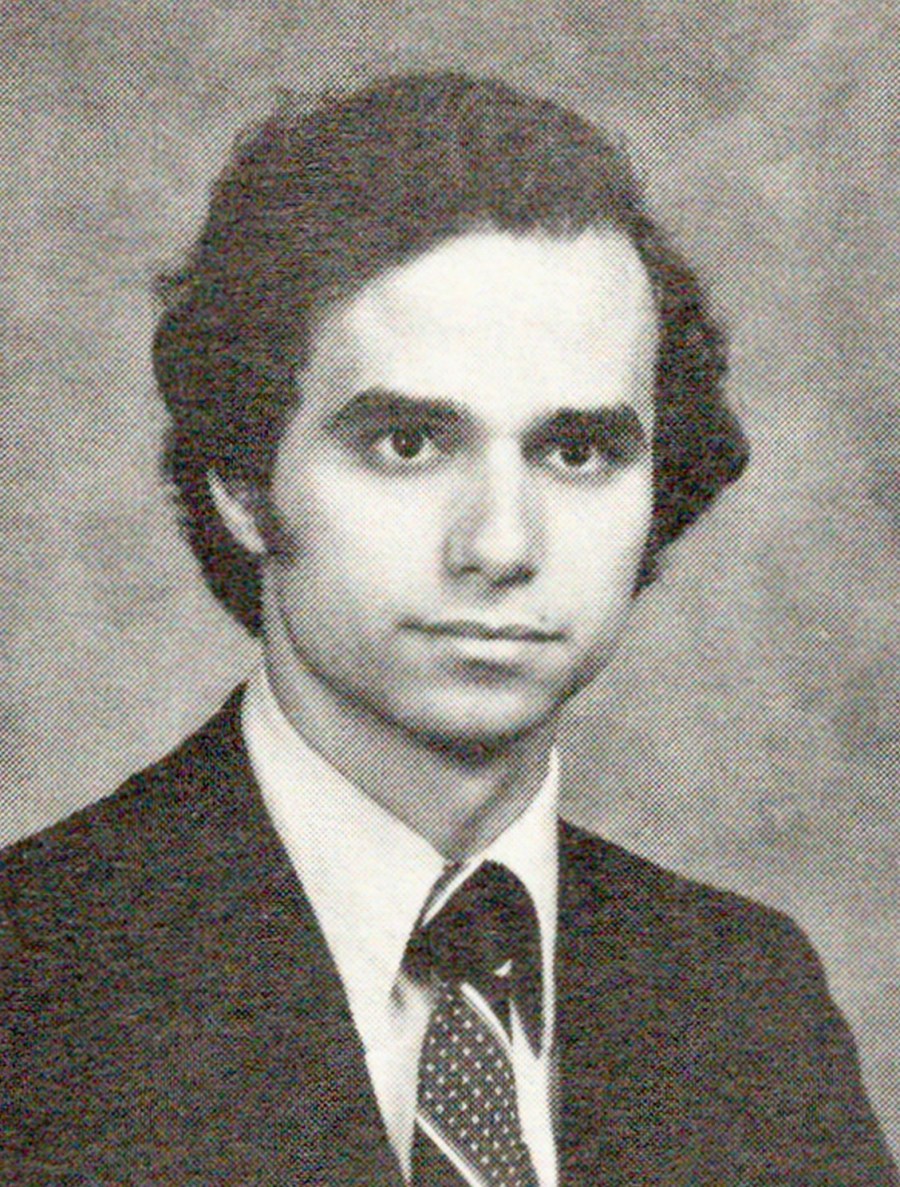Pope Leo XIV is not just the first American pope, he’s the first Augustinian one.
The former Rev. Robert Prevost studied at the Minor Seminary of the Augustinian Friars. The order, which dates back to the 13th century, takes its inspiration from St. Augustine of Hippo, a rebel, a bishop and influential theologian. The Augustinian ethos includes a contemplative spirituality, communal living and service to others.
The choice of the name “Leo XIV” is a clear indication of the importance the pope will place on service to others. Pope Leo XIII — whose spirit the pope has invoked — left a legacy that centered on service to the poor, migrants, workers, families and community.
So it is no surprise that in his first public moment, as Pope Leo offered his Urbi et Orbi Blessing (to the city of Rome and to the world) as he stood on the balcony of St. Peter’s Basilica, his very first words, “Peace be with you all,” reflected a subtle shift in the papacy.
While this is a common greeting in the Catholic Church, his choice here contrasted with his two predecessors. Pope Francis began with the request to “pray to the Lord that he will bless me,” while Pope Benedict noted that “the cardinals have elected me, a simple, humble laborer in the vineyard of the Lord.” While humble, their words referred first to themselves.
Leo’s words immediately emphasized the importance of the crowd in front of him as well as the 1.4 billion Roman Catholics around the world. For this Augustinian pope, the moment was not about him but rather the people he would serve. A close reading of his inaugural Mass as pope today will show the same themes.
That Augustinian charism is not unfamiliar to me. Long before I served as lieutenant governor of Maryland or chairman of the Republican National Committee, I was an Augustinian seminarian. I began my journey towards the Catholic priesthood at the Augustinian Friars Seminary at Villanova University, the pope’s alma mater.

I was drawn to the Augustinian order because the men who educated me at Archbishop John Carroll High School in Washington, D.C., prioritized direct engagement with the world, finding Christ in service to others. Augustinians teach, run parishes and serve as missionaries, and you will find them everywhere from Los Angeles to the Philly suburbs, connecting directly to the community around them.
Although I left the order before being ordained, I carried with me into my public life as an elected official and party chairman what I learned about service to others. Politicians too often lose sight of that. As the Augustinians will tell you, you are the least important part of the work you do; rather how you serve others — whether you are a pope or a politician — is what matters.












